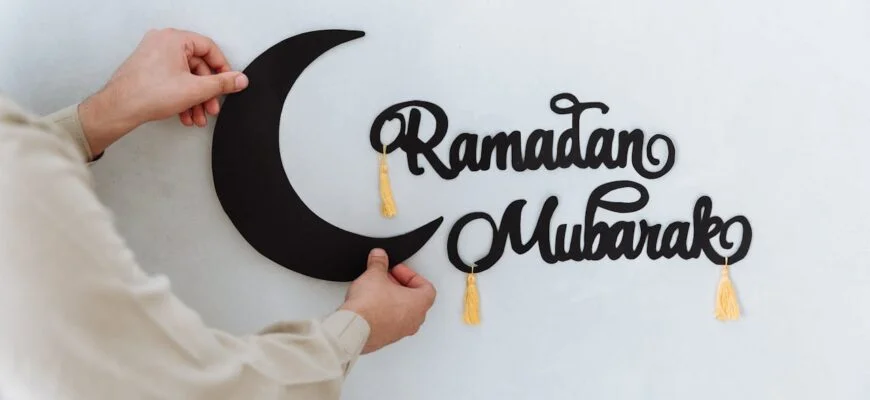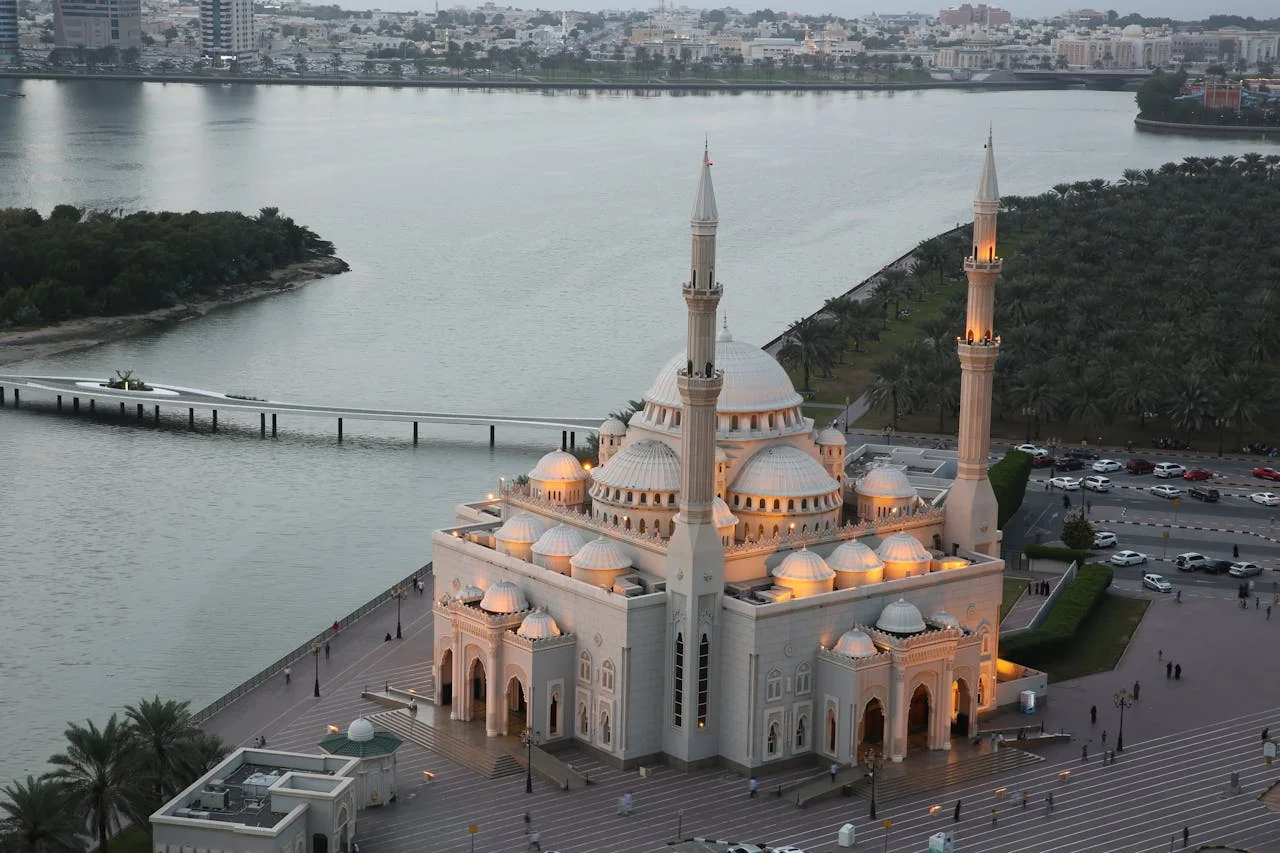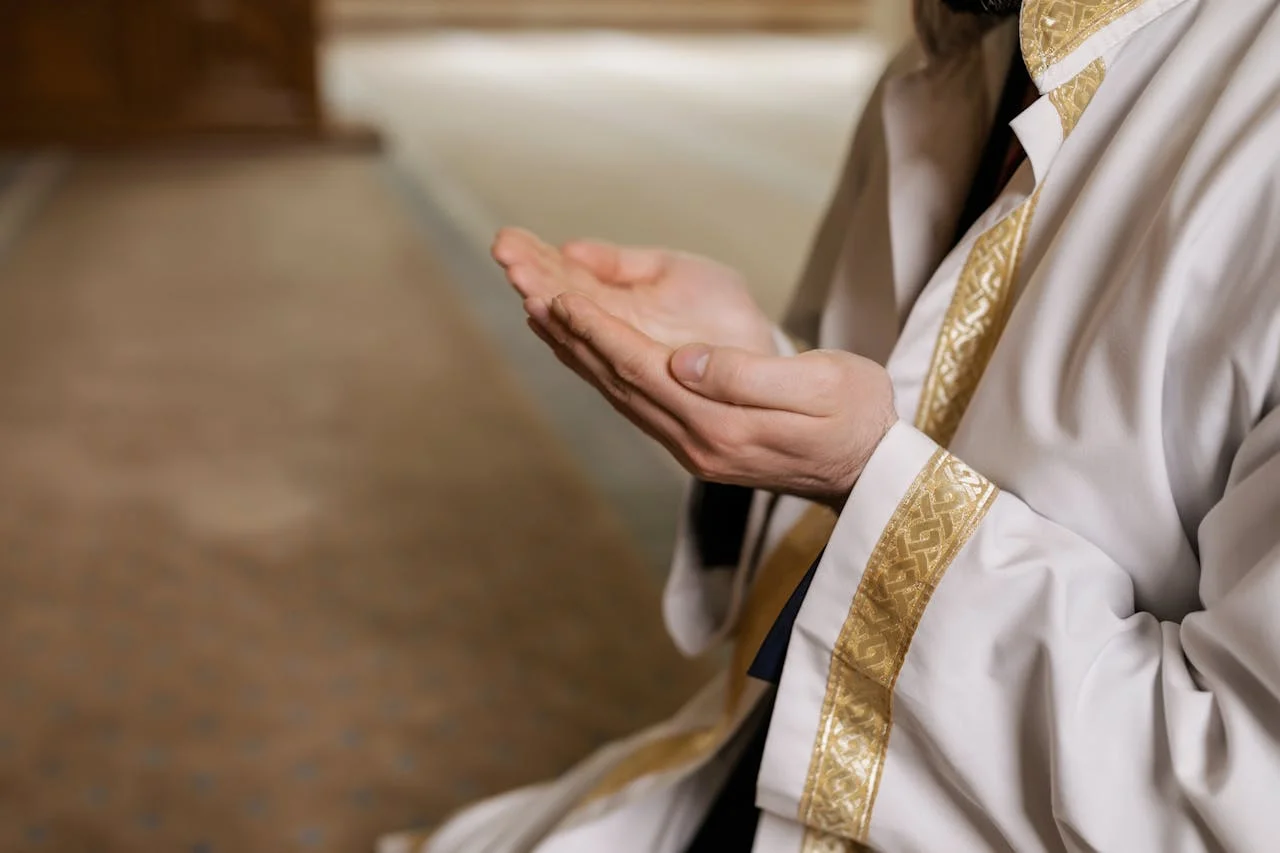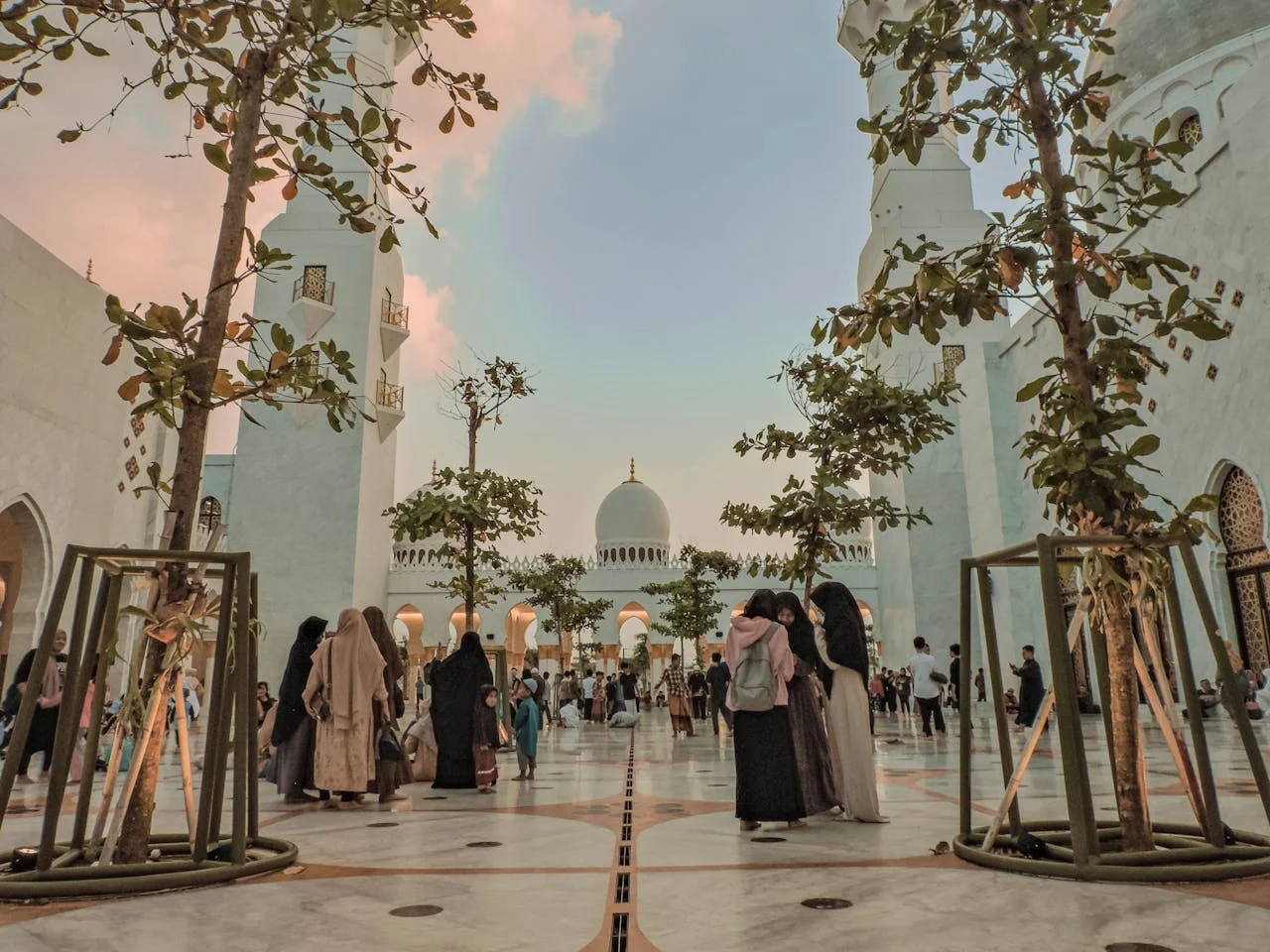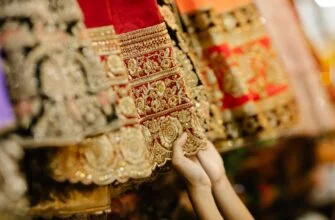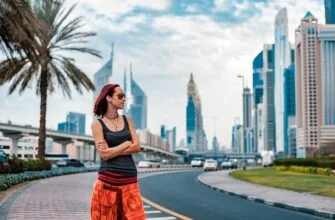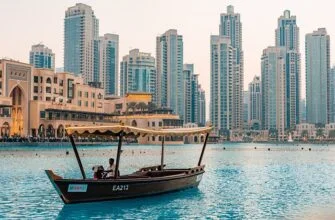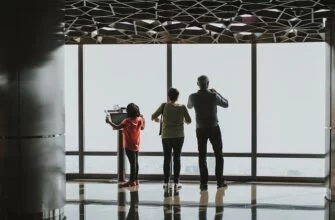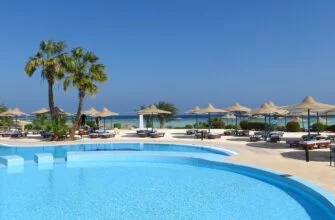If the thought that led you to this post was “Is it a good idea to travel to Dubai in Ramadan?”, a treat awaits you.
Travelers can enjoy something distinctive during Ramadan, with many places offering price discounts, exclusive deals, and fewer crowds during the day, particularly at sights.
We’ll discuss the significance of Ramadan and go into more detail about why you should consider taking a getaway in Dubai during this time.
- What is Ramadan
- The rituals of Ramadan
- Suhoor: the early meal
- Siyam: the fast
- Iftar: breaking the fast
- Taraweeh: prayers
- Zakat: Charity
- When is Ramadan
- Things To Consider During Ramadan for Tourists and Non-Muslim Residents
- Greetings
- Etiquette around eating and drinking in public during Ramadan
- Public Behavior
- Dress Code
- Tourist Attraction Opening Times
- Iftar
- Sales and Offers
- Grand Mosque during Ramadan
- Eid in Dubai
- Eid al-Fitr in Dubai
- Eid al-Adha in Dubai
- F.A.Q.
What is Ramadan
Ramadan is a sacred month in the Islamic lunar calendar. For Muslims, it is an important and unique period because it is when the Quran was revealed to humanity.
It is said that during Ramadan, the Prophet Muhammad held holy vigils in a cave close to Mecca. During this period, Muhammad was given the first divine revelation by the angel Gabriel, which was eventually documented in the Quran, the holiest book of Islam.
Muhammad initiated the Ramadan fast in 624 as a commemoration of this miracle. Since then, Muslims have adhered to a strict fasting schedule, concentrated on developing their spirituality, and made an effort to do good deeds throughout this holy month.
The rituals of Ramadan
Suhoor: the early meal
Suhoor, the first meal of the day, is eaten in the pre-dawn time. Eating is required before the morning prayer, which is at least 1.5 hours before dawn. It’s advised to rise 1.5–2 hours before dawn to ensure time for suhoor, giving plenty of time to eat carefully.
Foods high in fatty acids and complex carbohydrates make up the right suhoor menu. Fresh, non-acidic fruits and vegetables, whole grains, olive oil, and dried fruits can all be included in this.
Traditional suhoor meals and drinks include shakshuka, boiled eggs, fermented milk drinks, and green and herbal tea. Other foods that are typically consumed during suhoor include meat (not pork) and fish that have been boiled or steamed, various kinds of breakfast cereals, side dishes of vegetables, and a range of dairy products.
Additionally, it is advised to minimize the amount of spicy, sugary, salty, and spicy meals consumed during the fasting period to protect the body and prevent dehydration.
Siyam: the fast
Islam stands out from other world religions in that its fasting practices are well known for their strictness. The main ban consists of not eating or drinking anything during the daytime, from Suhoor to Iftar. To promote humility and repentance, smoking and intimate contact are also prohibited during that period.
Interesting! Even using toothpaste is considered extremely unpleasant during fasting since the particles could stay in the mouth and be consumed. During Siyam, it is recommended to use a toothbrush without paste. For tooth care while fasting, many Muslims also use a miswak, a unique brush made from the branches and roots of the arak tree.
Iftar: breaking the fast
Iftar is the evening meal (it’s hard to call it dinner as for many locals it’s the first meal of the day). It is a significant event for many residents.
Halal meats, vegetables, teas, and juices are the better options, as the extended fast (about 14 hours) calls for avoiding heavy and/or greasy foods. As a result, the body can be gradually and gently satisfied. This is frequently followed by spending time with friends or family.
If you’re looking for unforgettable iftar exposure, Dubai has plenty to offer, with multiple dining options opening after sunset and serving a variety of regional cuisines in sophisticated settings. For example, some places boast of a large selection of iftar foods to customers by serving them in a buffet style.
Not to be overlooked is the Midfa al Iftar, a sunset cannon firing event that is a distinctive Ramadan custom in Dubai.
Several tourist destinations in the city, such as nearby areas of the Burj Khalifa, and prayer sites in Al Mankhool, and Al Baraha, host this age-old custom, which signifies the breaking of the fast.
Fort Island, part of the Madinat Jumeirah resort, is a well-liked spot for travelers to see this fascinating show. There, at dusk, a renowned cannon marks the start of Iftar.
Taraweeh: prayers
Islam places great importance on the Taraweeh prayer, which is a sunnah that is a must for both men and women. It is acceptable to offer this prayer alone, even though it is better when done within the mosque with other believers.
After the night prayer (Isha) till the crack of dawn is the appointed period for reciting the Taraweeh prayer. Throughout the month of Ramadan, this prayer is offered daily.
Zakat: Charity
Zakat al-Fitr is the act of giving alms to help the less fortunate during a holiday. It allows those who contribute to atone for any shortcomings during fasting.
By giving this form of alms, individuals observing the fast can provide food for the poor and purify themselves from idle chatter. It’s important to give Zakat al-Fitr before the Eid prayer to hold greater significance, as after the prayer it is regarded as ordinary charity.
The UAE sets the Zakat Al Fitr at 25 AED in cash or 2.5 kg of rice per individual. All Muslims have this duty, regardless of age or gender, and they can accomplish it by giving food or money.
For every day that they leave out from fasting, Muslims must pay 15 AED. Those who want to give food to the less fortunate are requested to donate 3.25 kg of wheat to each person. Anyone who willfully breaks their fast “will be fined” 15 AED each person, up to a total of 60 people or 900 AED.
When is Ramadan
The widely used Gregorian calendar is about 11 days longer than the Islamic calendar, which uses a lunar system.
As a result, many Islamic celebrations don’t have set dates. The ninth month of the Muslim lunar calendar, Ramadan moves every year by 11 days in keeping with the lunar cycle.
It can be expected that in 2025 Ramadan will take place from February 27 to March 29.
Things To Consider During Ramadan for Tourists and Non-Muslim Residents
Greetings
The ritual of saying “Ramadan Mubarak” to each other to acknowledge the start of fasting and to wish all Muslims well is a means of showing reverence and respect for believers.
Etiquette around eating and drinking in public during Ramadan
During the day, it is necessary to respect individuals who are fasting by not eating, drinking, smoking, or even chewing gum in public areas.
Non-Muslims are free to partake in these activities in places that are set aside for them, like cafes and restaurants.
While restaurants are open throughout Ramadan, their hours are frequently shortened to include longer breaks in the middle of the day. Nonetheless, this time frame allows people the chance to benefit from sales and exclusive offers on meals during the daylight hours.
Note! If you’re going to eat at Iftar time, it’s best to reserve a table beforehand. People can also check out supermarkets and grocery stores that are open during the day. During Ramadan, there may be changes to the operating hours; many stores close several hours before Iftar. An hour after breaking the fast, some would get back up again and stay open until midnight.
Public Behavior
- It is not recommended to make any public demonstrations of affection during Ramadan, such as kissing, hugging, or other intimate gestures. It’s also crucial to avoid arguments, foul language, and indecent gestures.
- Not only do restaurants forbid music and dancing, but it’s also important to keep quiet and not play loud music in any place where it could annoy other people.
- It’s best to stay quiet and avoid asking inquiries that could divert Muslims’ attention during prayer times.
- It is considered inappropriate to turn down invitations to participate in traditional meals like Iftar and Suhoor. Additionally polite and advised as a sign of gratitude are small gifts for the hosts.
Dress Code
Both men and women are expected to follow modest attire codes during the holy month and avoid donning anything too tight or exposing. Wearing clothing that covers the shoulders, eschewing cleavage-displaying outfits, and selecting maxi or midi-length skirts or trousers are some examples of tips on how to do this.
Women are supposed to choose a scarf and an abaya that covers their arms and ankles when they visit religious sites. Shoulder-covering shirts and knee-length pants are appropriate for men.
While swimwear is permitted at public beaches and hotel pools, it is important to maintain modesty and respect local customs. These facilities will continue to operate as usual during Ramadan.
Learn more about dress-code in Dubai.
Tourist Attraction Opening Times
During the month of Ramadan, a lot of attractions change their hours of operation, frequently with longer breaks in between. A few attractions may close completely or operate with restricted hours during the last ten days of the month. As such, before making travel plans, it is best to confirm the updated operation hours.
Note! The majority of banks, currency exchange offices, stores, and supermarkets are obliged to cut their daily operating hours by two hours during Ramadan in compliance with local labor laws.
Iftar
Muslims gather for Iftar after sundown. There are many different places to have Iftar, from laid-back cafes to fine-dining restaurants.
Offerings during Iftar are plentiful, with a wide range of Middle Eastern cuisine frequently offered in buffet or set menu deals. Children’s menus are usually less expensive, and the places become more welcoming environments with warm lighting created by garlands and inviting scents of fruit-flavored hookahs and traditional Emirati food.
At Iftar buffets, one can expect to find and savor a variety of culinary delights such as:
- Cold and hot mezze.
- Shawarma.
- Kebab.
- Grilled baked fish.
- Shish Tawook.
- Maqluba.
- Tabbouleh.
- Falafel.
- Various desserts: dates, luqaimat, knafeh, etc.
After sundown, the places fill up quickly with hungry customers, which frequently results in lengthy waits for orders and makes finding a table difficult. For this reason, reservations in advance are highly recommended. It’s also a good idea to schedule late meals ahead of time – by purchasing any tasty goods at grocery stores or markets, for instance.
Notably, some philanthropic groups and individuals provide free meals during iftars held beneath tents, however, the selection of food can be limited in comparison to restaurants.
Sales and Offers
With many people limiting their outside activities during Ramadan, retailers experience a decrease in foot traffic, which leads to a plethora of discounts and special offers. Shopping enthusiasts have a fantastic opportunity as a result of malls and retail stores offering discounts ranging from 50-75% to draw in more customers.
The fascination of the season for fashion fans is increased by the limited-edition collections that well-known labels like Christian Dior, Balenciaga, and Jimmy Choo frequently provide specifically for Ramadan.
As an example, Expo City Dubai staged the spectacular Hai Ramadan festival in 2024, offering a wide range of master workshops and F&B opportunities. Furthermore, a range of cheaper souvenirs, fragrances, apparel, and other items were on display at the Ramadan Night Market at the Dubai World Trade Center.
To make up for the overall decrease in Muslim visitors, hotels also adjust to the circumstances by luring non-Muslim travelers with attractive vacation packages. This leads to cheaper rooms and apartments for tourists during the fasting time, with the possibility of getting savings of up to 50% for rooms in upscale hotels – a clear benefit for visitors!
Grand Mosque during Ramadan
Explore the splendor of the Sheikh Zayed Grand Mosque, one of the most amazing wonders in the capital, on an enthralling excursion. Take in the stunning surroundings and learn about the rich cultural and religious legacy that has shaped the United Arab Emirates forever. It’s crucial to remain aware of any changes to the scheduled guided tours and opening hours.
The first 20 days of Ramadan:
| Days | Operating Hours |
| Monday to Sunday | 10:00 AM-06:00 PM
09:30 PM-01:00 AM |
| Friday | 03:00-06:00 PM
09:30 PM-01:00 AM |
The last 10 days of Ramadan:
| Days | Operating Hours |
| Monday to Sunday | 10:00 AM-06:00 PM |
| Friday | 03:00-06:00 PM |
Eid in Dubai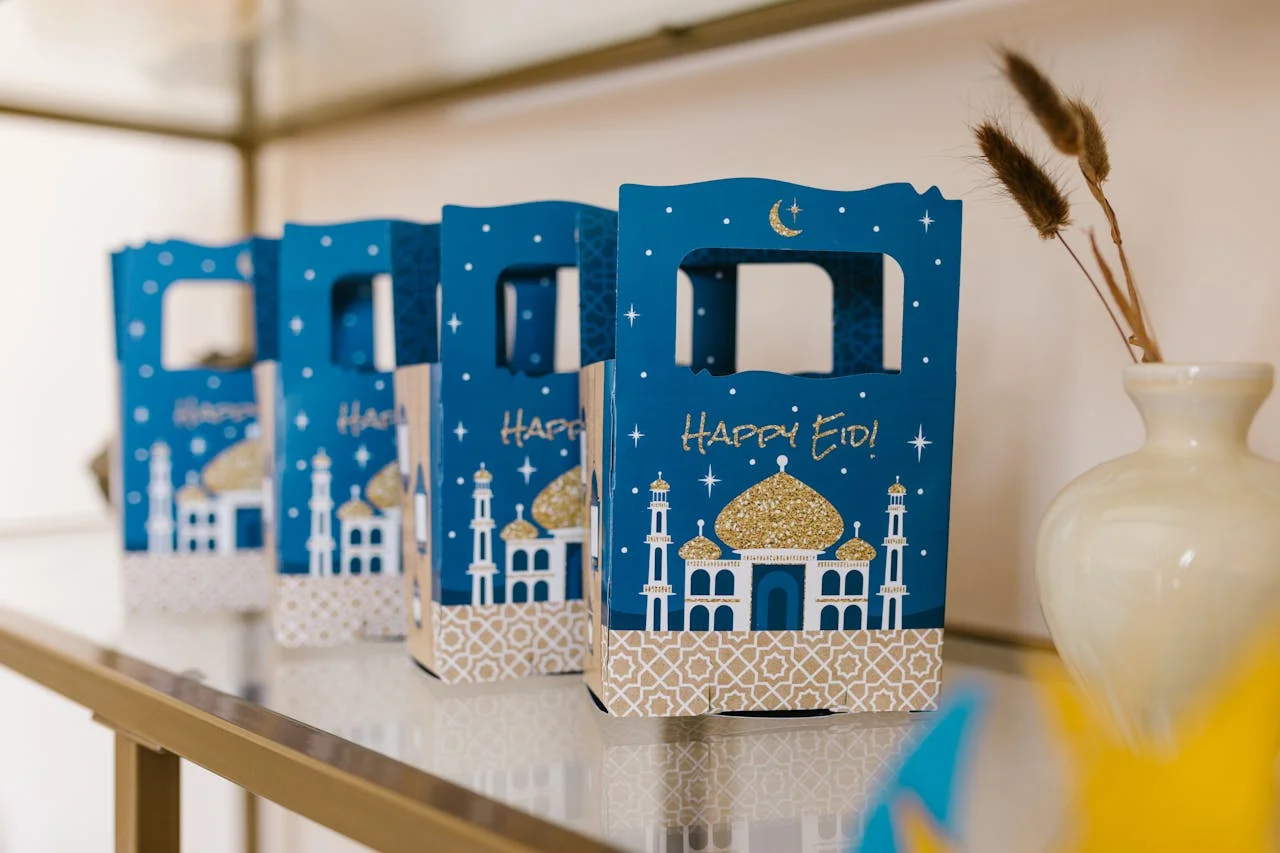
Eid al-Fitr in Dubai
Eid al-Fitr is a three-day celebration that marks the end of the holy month of Ramadan.
The emirate comes alive with festive events that feature mouthwatering delicacies and gift-giving after the holiday prayer.
Many people honor traditions on the first day of the holiday by dressing in their nicest apparel, cooking traditional foods, and spending time with family or friends. The next two days are packed with events, dance shows, and entertainment programs.
Eid al-Adha in Dubai
Eid al-Adha is a multi-day celebration that begins 70 days after Eid al-Fitr and offers a joyful and enlightening experience for everyone.
In Dubai, Eid al-Adha is particularly significant since it provides an opportunity for both locals and visitors to fully immerse themselves in customs and cultural traditions.
Vibrant festivals, enthralling musical acts, and breathtaking fireworks displays bring the city to life, and family entertainment centers and malls welcome visitors with pleasant discounts and exclusive deals.
F.A.Q.
Should you travel to Dubai during Ramadan?
It is entirely up to you whether or not to travel to the Emirates during Ramadan. The main pros of traveling during Ramadan are fewer crowds, no lines at tourist attractions, discounts, and exclusive offers on shopping hotels, or accommodations.
But we should note changes in the operating hours of many establishments including dining spots and sights, and stricter dress codes. Also, it's mandatory not to consume food and water in public during the daytime.
So, if you want a budget-friendly trip where you can experience Ramadan firsthand and have plenty of sunshine, peaceful beaches, and attractions without lengthy lines throughout the day. In that case, it is the perfect time to go.
What are the Do's & Don'ts in Dubai During Ramadan?
Here are some do’s for non-Muslim tourists visiting Dubai during Ramadan:
* Show respect to those fasting by refraining from eating, drinking, and smoking in public during the daytime.
* Say "Ramadan Mubarak" to believers to show them unconditional support during this holy month.
* Make restaurant reservations in advance to enjoy Iftar and prevent starving.
* When people rush to break their fast at home or restaurants in the evening, be aware of the risk of traffic jams.
* Schedule visits to attractions and be aware of potential changes to their hours of operation.
Here are some things to avoid:
* This goes beyond Ramadan too: show respect by avoiding public shows of affection, such as hugs and kisses.
* Don't dance or play loud music in public places. If you're a music lover, think about wearing headphones with active noise reduction.
* Get rid of ultrashort tops, skirts, shorts, and overly revealing and too tight clothing.
Should I take a gift if I am invited by someone for iftar or suhoor?
Bringing nothing at iftar or suhoor is regarded as disrespectful. Consider giving the hosts one of the following gifts:
* Aromatic candles.
* Incense holders.
* Carefully packaged gift boxes with sweets, nuts, or dried fruits.
* Handcrafted souvenirs such as lamps, sand art or handmade rugs.
Conclusion
Hotel rates are lowered when visitor numbers decline, frequently by 20–30%. This pattern is ascribed to international visitors’ misgivings about the Ramadan prohibitions, which results in less travel to the United Arab Emirates.
Also, Arab visitors generally choose to stay home and spend time with their families instead of visiting other parts of the country.
The majority of attractions are still open and available to visitors. This is a great time to go on excursions, relax on the beaches, and see the country’s top attractions without the usual crowd of tourists. Note that during the holy month, some museums and parks may have slightly different hours.
Non-Muslim cafés and food courts are commonly open. Diners won’t have to endure huge lines or prolonged wait periods for food during the Siyam period.
Since Ramadan is a time for sharing and kindness, merchants rapidly adjust by running sales and discounts on jewelry, clothes, souvenirs, and other items.
Tourists can also take advantage of the abundance of reasonably priced iftar options, as many cafés and restaurants provide set menus and buffets that include a variety of international cuisines in addition to traditional Middle Eastern dishes.
Finally, the confluence of these benefits and relaxed restrictions for travelers highlights the fact that Ramadan offers one of the greatest and budget-friendly chances to visit Dubai.

